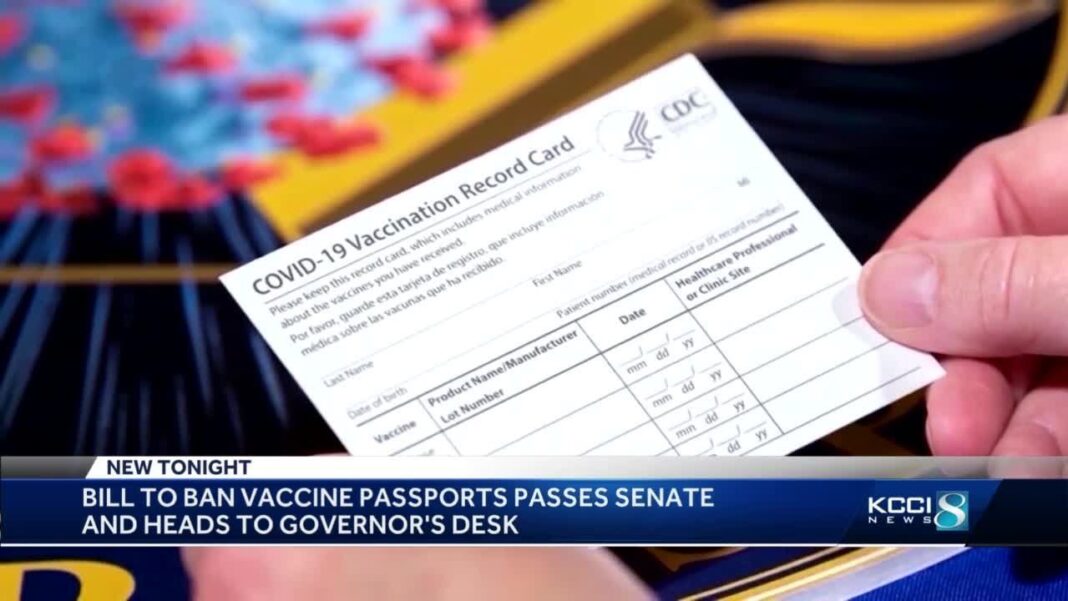A member of the House didn’t cast a proxy vote for a fellow congressman on the Democrat-backed $1.9 billion Capitol security spending bill because it slipped his mind, according to a spokesperson.
A spokesperson for Rep. Ken Calvert (R-Calif.) told Just the News that “Calvert had been voting by proxy” for Rep. John Carter (R-Texas) “throughout the week” before the vote was held. It came just days after House Speaker Nancy Pelosi (D-Calif.) extended the COVID-19 vote-by-proxy mandate for several more weeks, a move criticized by Republicans.
But for the vote on the $1.9 billion package on May 20, “Rep. Calvert made a mistake and simply forgot to cast Rep. Carter’s vote,” the spokesperson said.
Carter had submitted a letter to the House clerk to give Calvert the authority to vote by proxy.
The bill passed 213-212, as several Democratic members of the leftist “Squad” voted against the bill or abstained, many of whom cited the bill’s additional funding for police departments as their reason for opposing the bill.
Carter’s spokesperson, meanwhile, said that he was opposed to the measure.
“The congressman included a statement in the record that he would’ve voted no,” said Carter’s spokesperson.
Rep. Daniel Webster (R-Fla.) also didn’t vote on the measure, with a spokesperson telling the website that he’s opposed to proxy voting and wasn’t able to vote in-person on the package.
“Rep. Webster missed votes because he was unavoidably detained in the district and wasn’t able to make it to D.C. in time to make the votes,” a spokesperson for Webster said. “He likely would have opposed the bill—he didn’t proxy vote on principle as he is on the record opposing proxy-voting and was part of the original lawsuit challenging its constitutionality.”
A tied vote in the House—unlike the Senate, where the vice president can cast a tie-breaking vote—means that a bill doesn’t pass.
The three Republican members of Congress didn’t respond to for comment by press time. All Republican members of the House other than those three voted against the bill.






